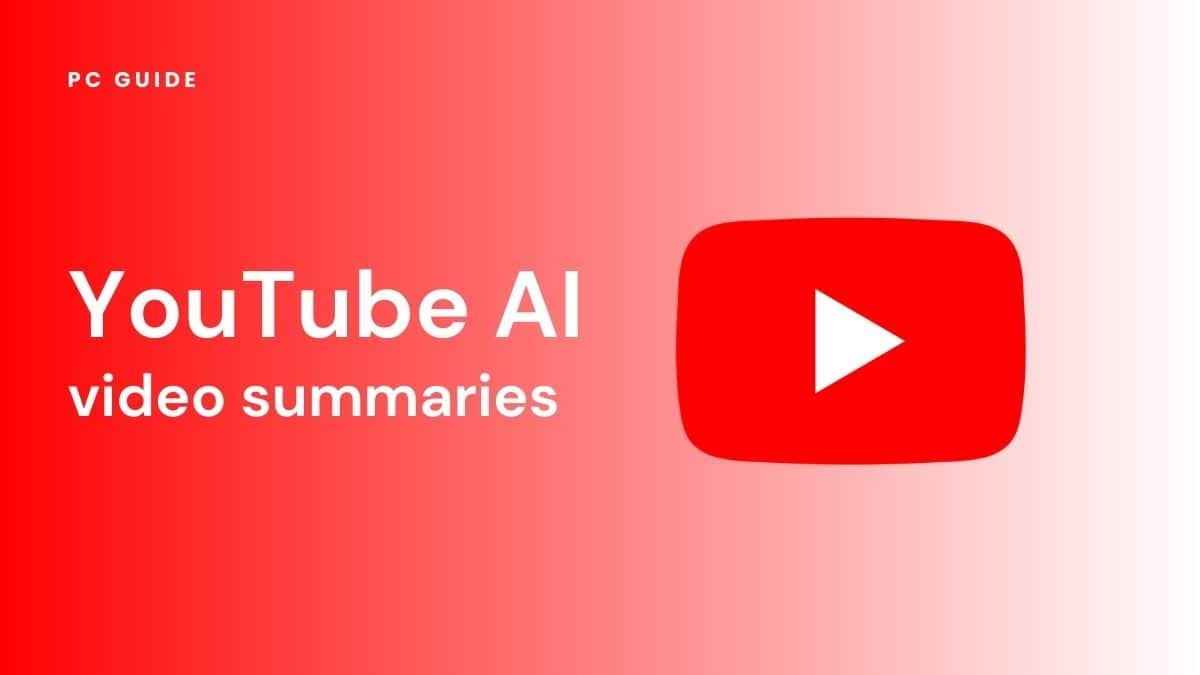YouTube’s latest AI experiment has sparked intense debate about the future of digital content. The platform demonstrated how AI tools can alter or generate videos in ways that blur the line between truth and fabrication—raising serious concerns about consent, ethics, and trust online.
The Experiment
The AI-powered feature showcased the ability to edit speech, visuals, and context within a video without the creator’s explicit approval. While positioned as an innovation for content enhancement, critics warn it opens the door to large-scale misuse.
Why It Matters
- Consent at Risk: Content creators may lose control over how their work is used or modified.
- Erosion of Trust: Audiences could struggle to distinguish between authentic and manipulated content.
- Ethical Concerns: Manipulated media could fuel misinformation, deepfakes, and reputational damage.
Implications for the Digital Ecosystem
If widely adopted, such AI tools could reshape how people perceive digital media. Platforms will face mounting pressure to create strong guardrails, clear consent policies, and transparent labeling systems to protect both creators and audiences.
The Bigger Picture
AI’s creative potential is undeniable, but its unchecked use in altering reality threatens the foundation of online credibility. The YouTube experiment is a reminder that innovation must be balanced with responsibility.


